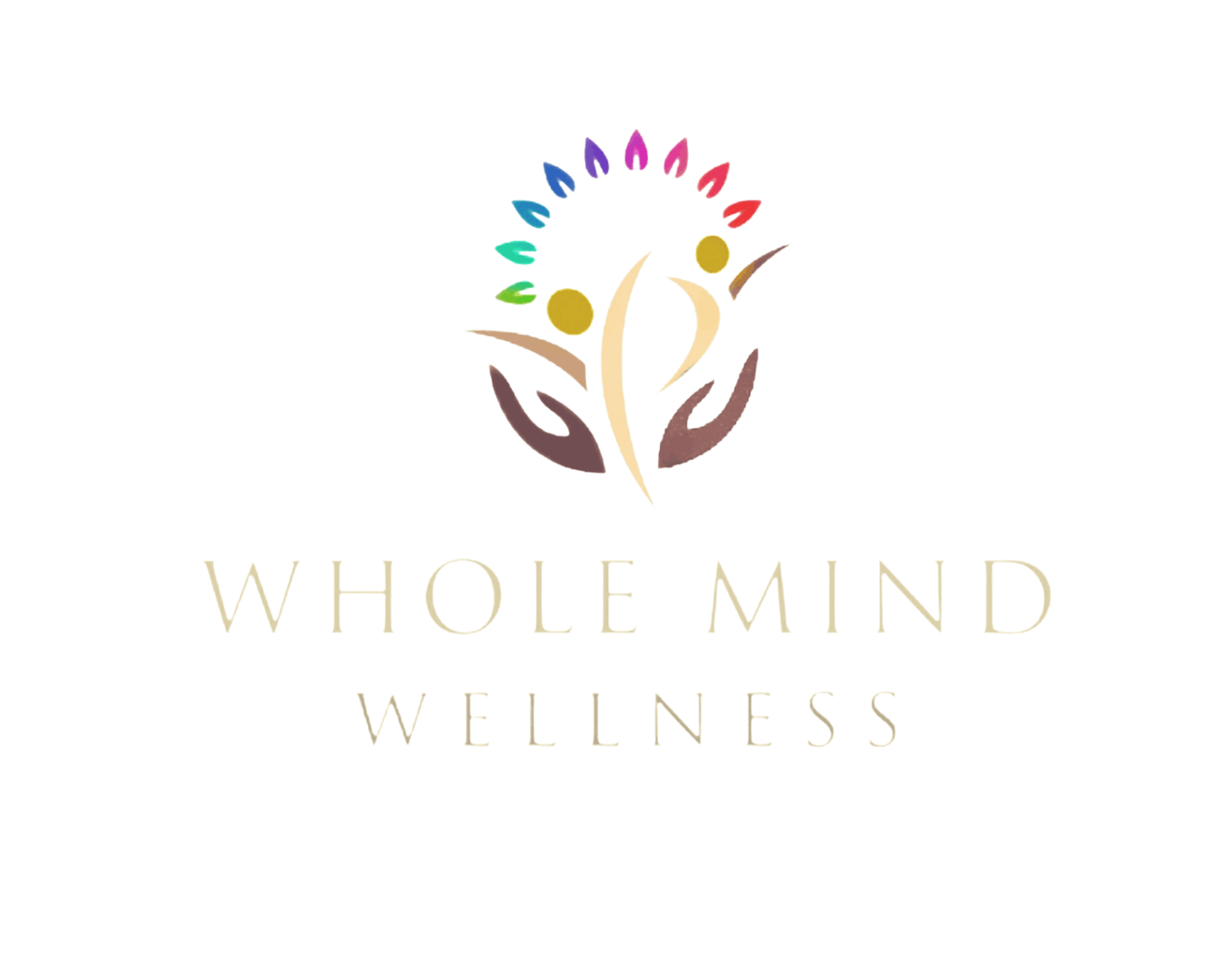What is a Dual Diagnosis?

There are times when a person is diagnosed with a mental health issue, such as depression or anxiety. Other times, someone might be diagnosed as having a substance abuse issue. When someone has both a mental health issue and a substance abuse issue, we call it a dual diagnosis.
How Does Dual Diagnosis Develop?
Often, addictive behaviors are a result of someone trying to cope with their mental health issues. In fact, according to the Journal of the American Medical Association, roughly 53% of individuals with drug addiction and 35% with an addiction to alcohol
meet the requirements for a mental health diagnosis. These numbers tell the story of the strong correlation between mental health and addiction.
The following are some of the mental health issues that often occur alongside addiction:
- Schizophrenia
- Depression
- Anxiety
- Obsessive-Compulsive Disorder (OCD)
- Bipolar Disorder
- Posttraumatic stress (PTSD)
- Eating Disorders
It’s important to note that while these mental health issues are often associated with substance abuse, they do not always present alongside drug and alcohol addiction.
Treatment for Dual Diagnosis
Dual diagnosis cases are very complex in nature and require different treatment styles. Typically speaking, there are four types of treatment:
Partial Treatment
This model refers to treating the primary mental health issue alone, but not the concurring substance abuse concerns.
Sequential Treatment
This approach treats the mental health issue first, then addresses the addiction after.
Parallel Treatment
This treatment focuses on addressing both the mental health concern and addiction at the same time, though separately and using different care providers.
Integrated Treatment
As the name suggests, this model has the individual receiving mental health and addiction treatment concurrently, under a unified and robust treatment program. This program can be in an outpatient setting or in a rehab facility.
It can be very difficult for the person struggling with a substance abuse issue and mental health issue, or their family members, to determine the best course of treatment. It is recommended that you initially work with a licensed therapist who can accurately diagnose you and recommend the right course of treatment.
If you’d like to speak with someone, please get in touch with me. I’d be more than happy to discuss how I can help your journey back to health and well-being.
SOURCES:

bincodechecker
you are in reality a good webmaster. The website loading velocity is amazing. It sort of feels that you’re doing any distinctive trick. Also, The contents are masterwork. you have done a fantastic job in this topic!